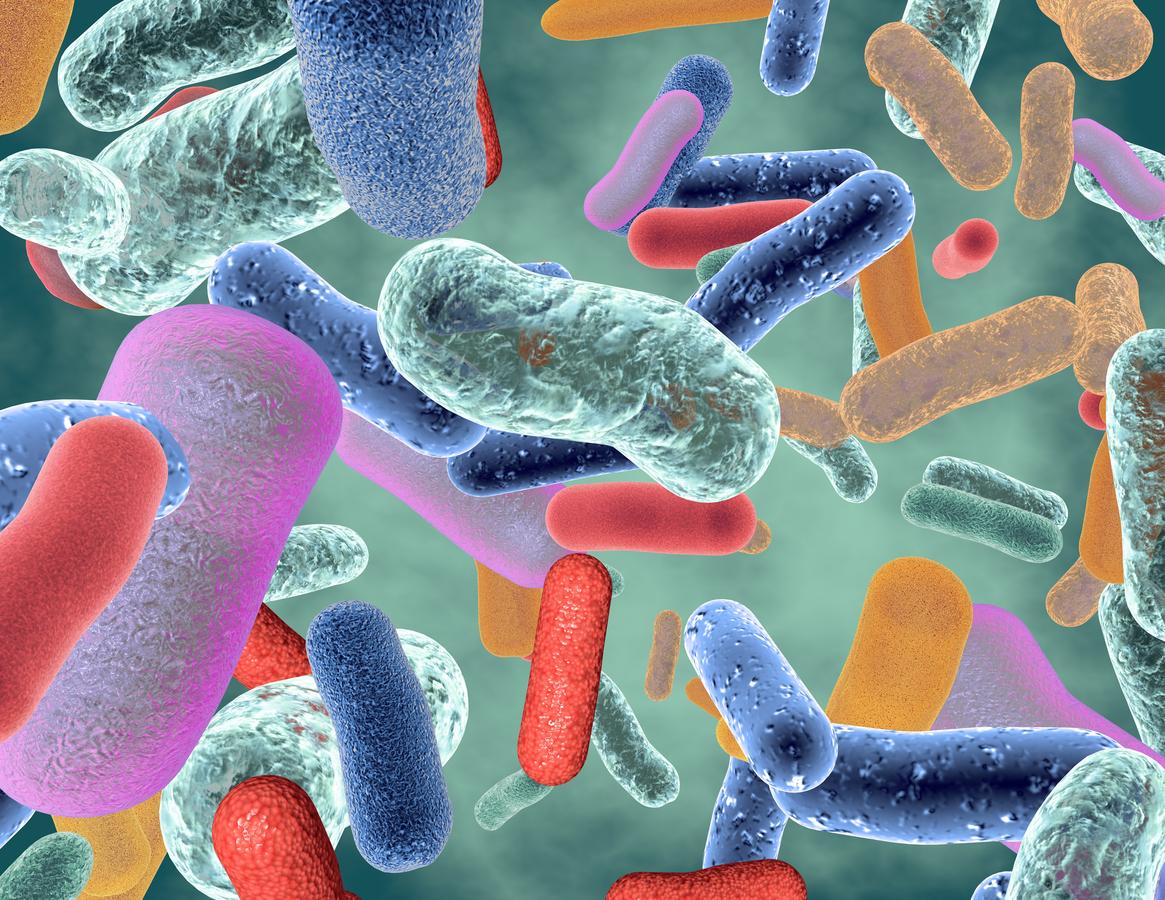A system based on a health data bank collected routinely would make it possible to predict the chances of survival of patients suffering from various diseases and to adapt treatment decisions.

We knew about artificial intelligence systems to track our behavior based on our transactions or our connections on the internet. But this technique was little used in medicine. Australian researchers have devised a similar system, this time based on health data, to predict the chances of survival of cancer patients at six months, one year and two years. They first used data from a registry including data from 870 patients to create their prediction system, which they then validated on 95 patients.
Reliable predictions
They compared the performance of this system with that of a panel of five experts, and the results are slightly better with the automated system at 6 months, and they were the same at one and two years. The researchers then used a hospital database. And then again, the system based on the registry they had created showed comparable reliability to that based on data from hospitals.
According to the authors of this work, published in the British Medical Journal, such an artificial intelligence system could have a higher level of predictability or at least complementary to that of doctors, which could help them make better treatment decisions. The researchers believe that they first demonstrated the ability of these systems to provide reliable predictions. And they could be used for pathologies other than cancer.
.

















